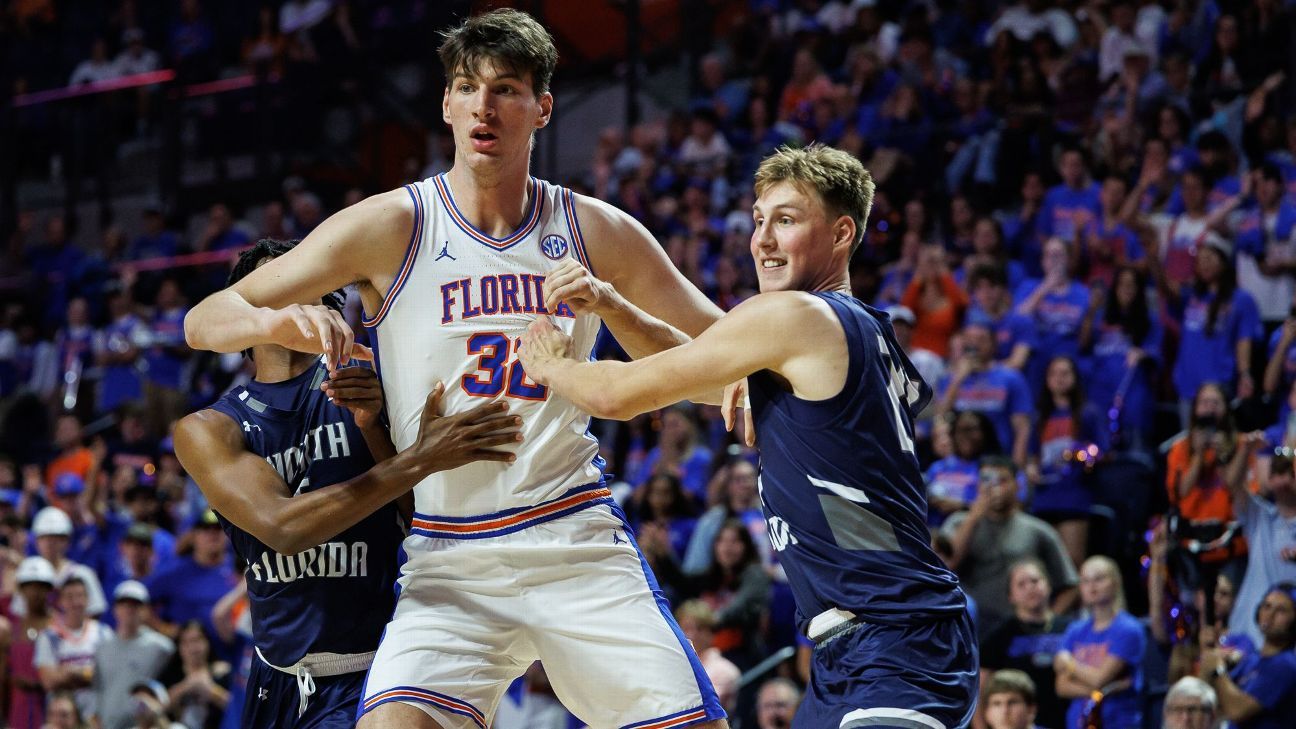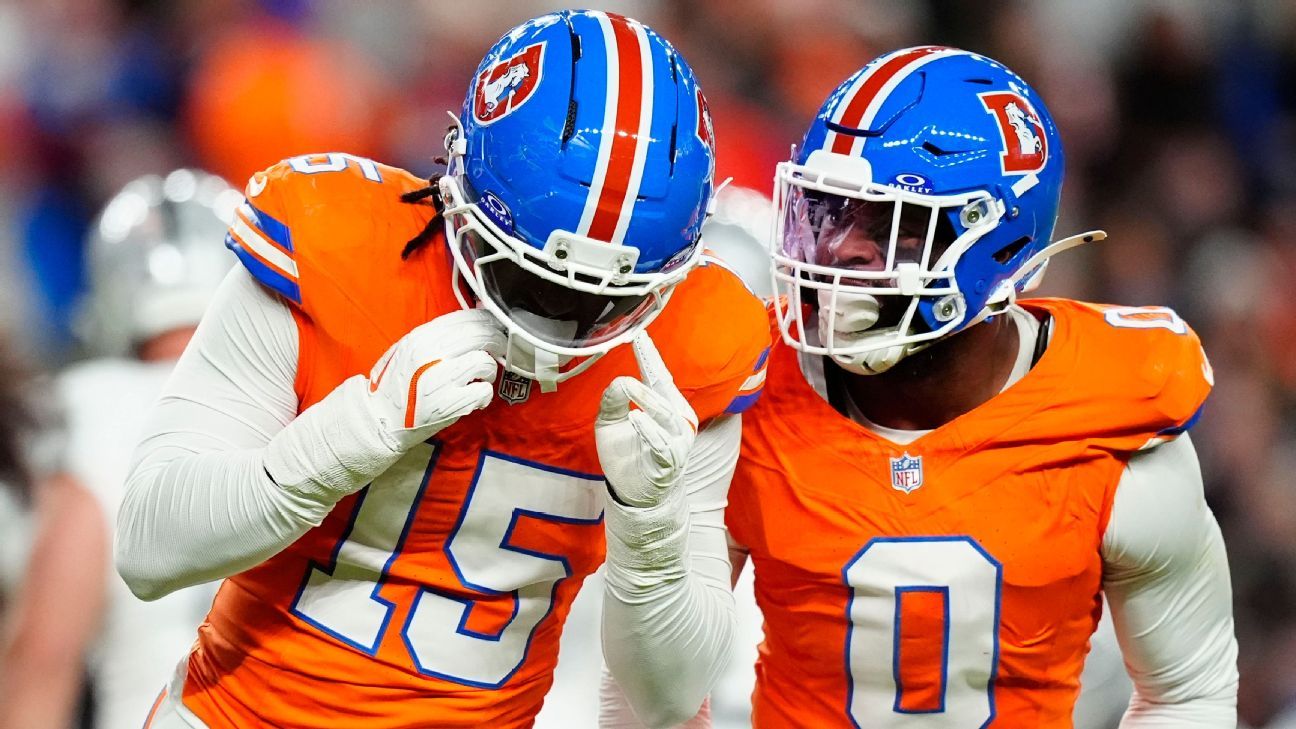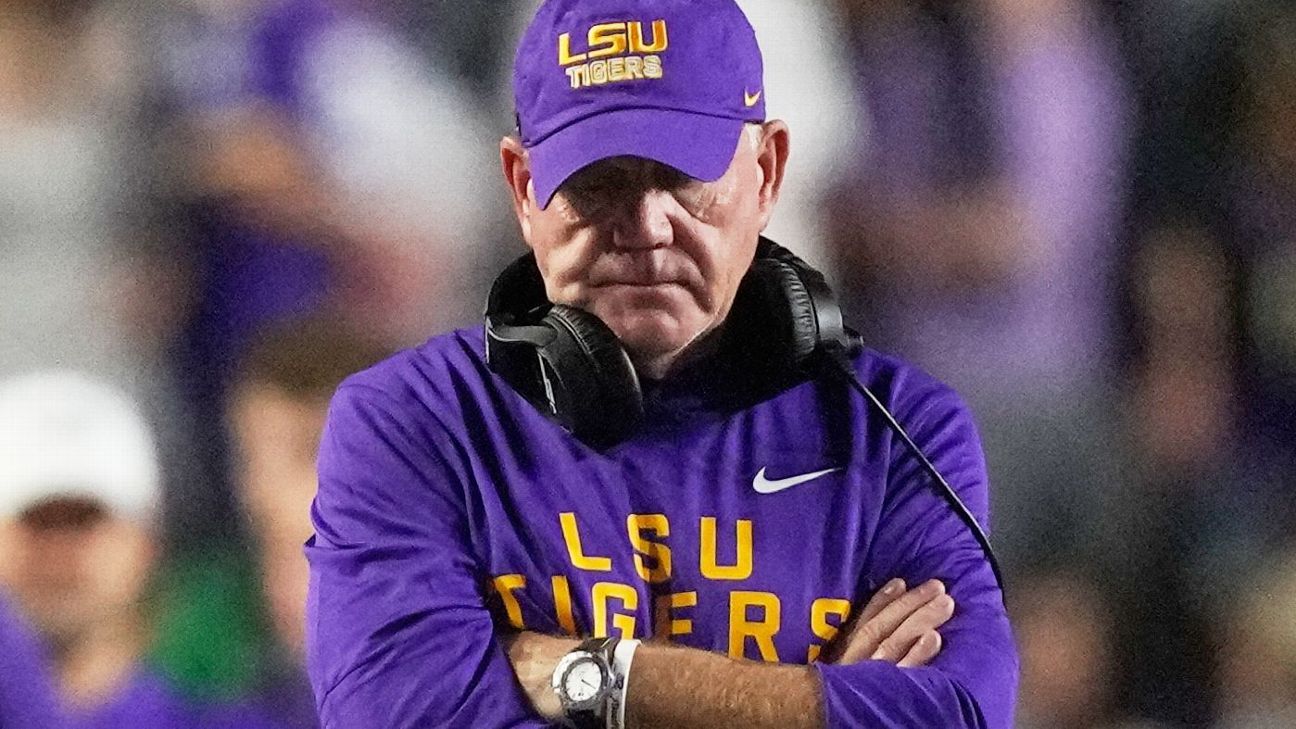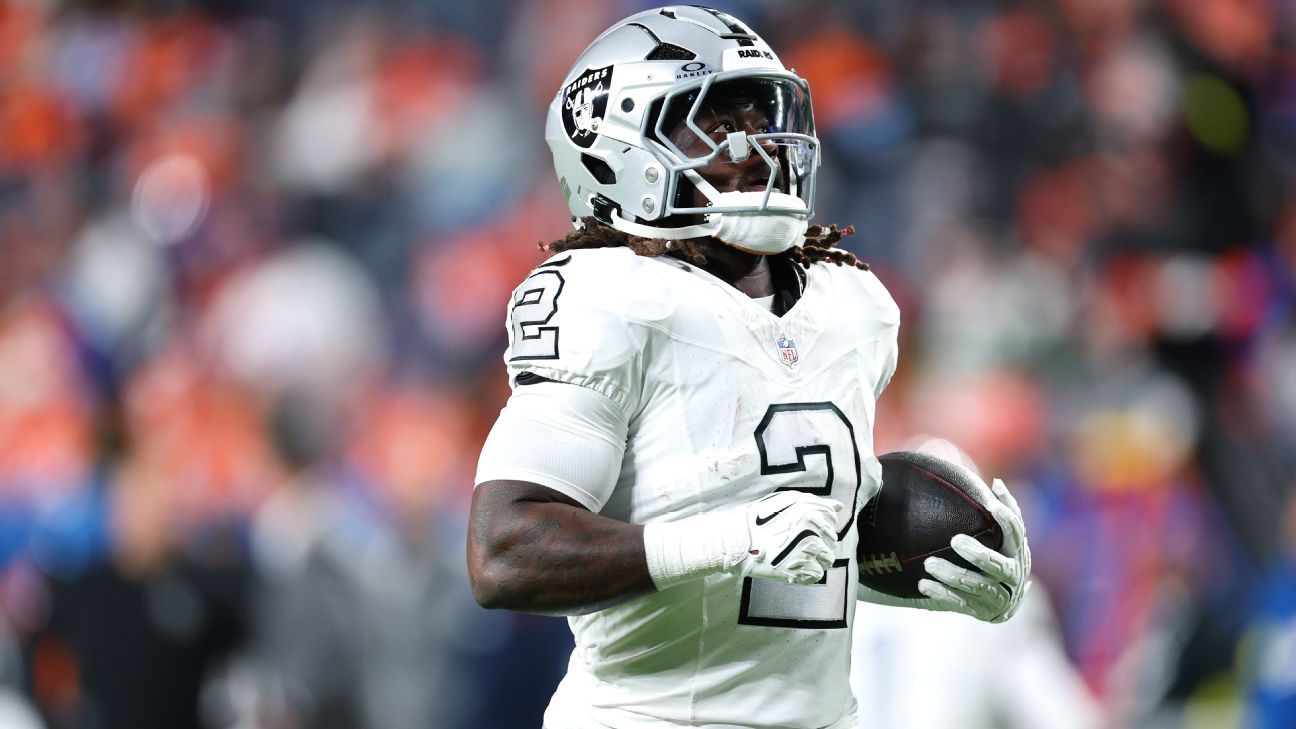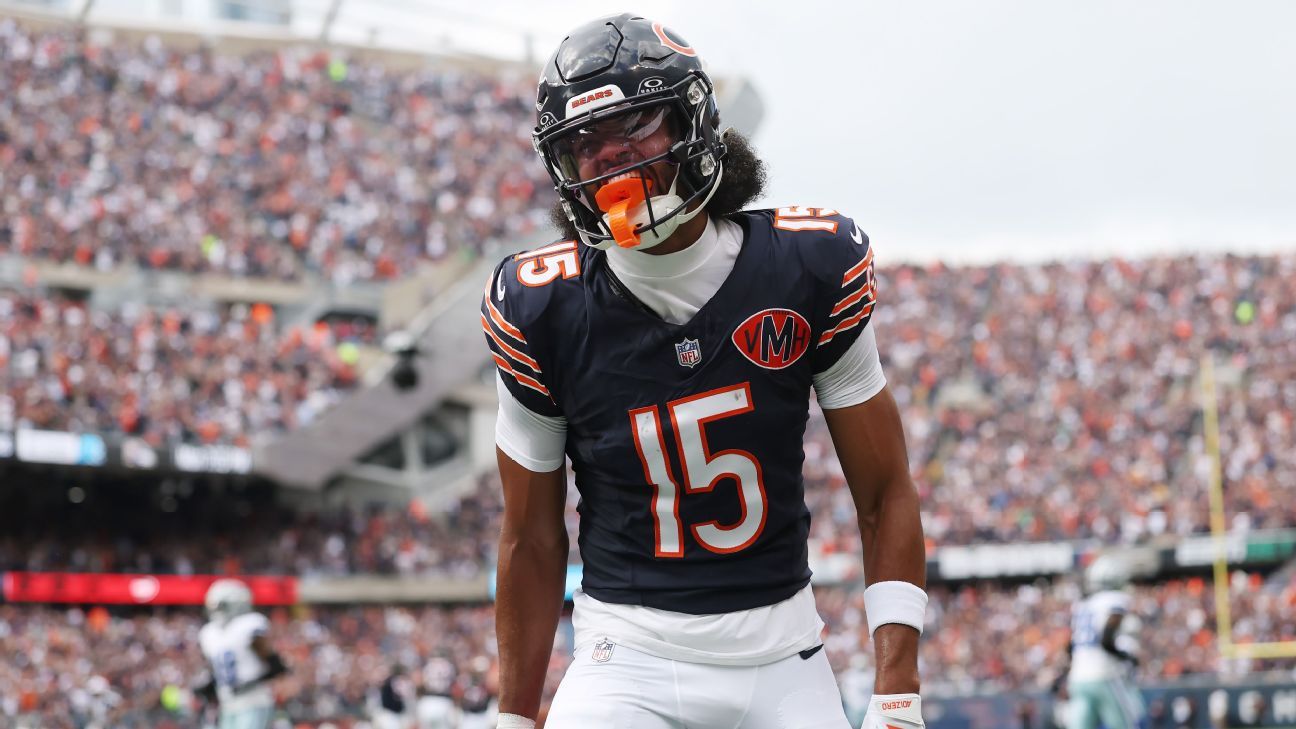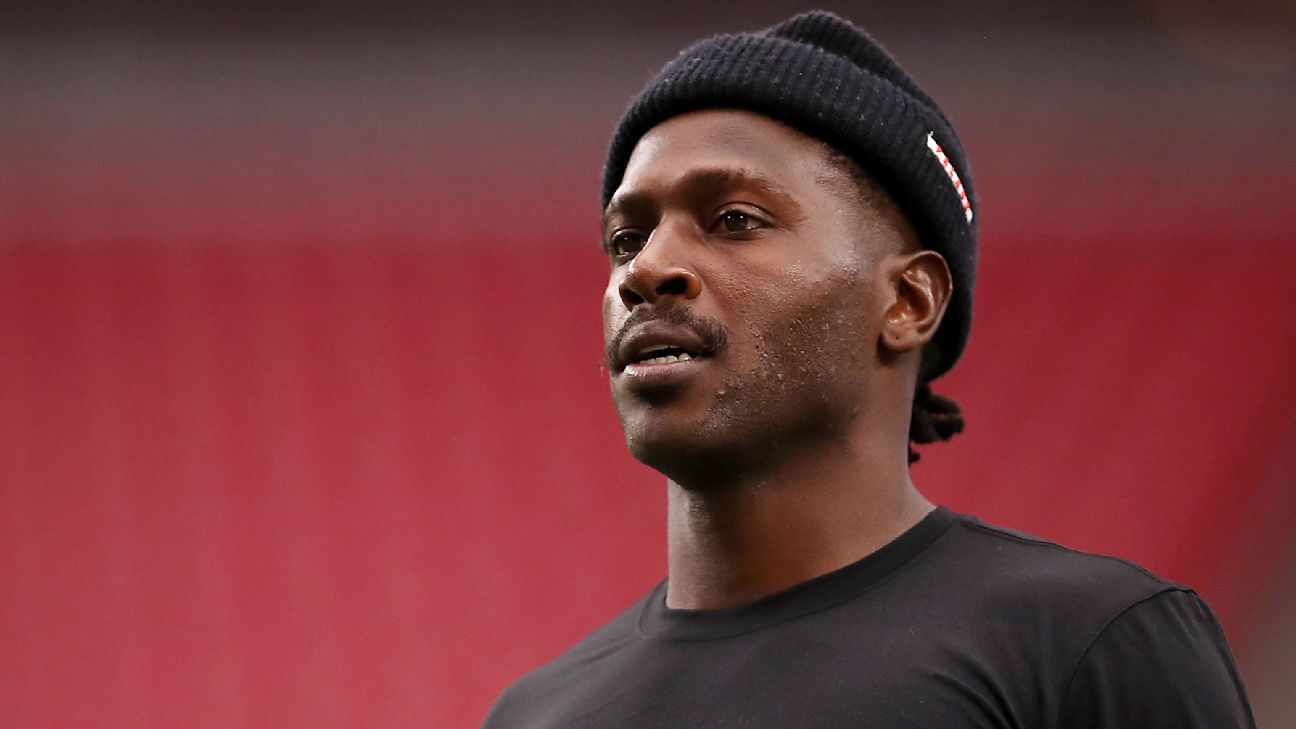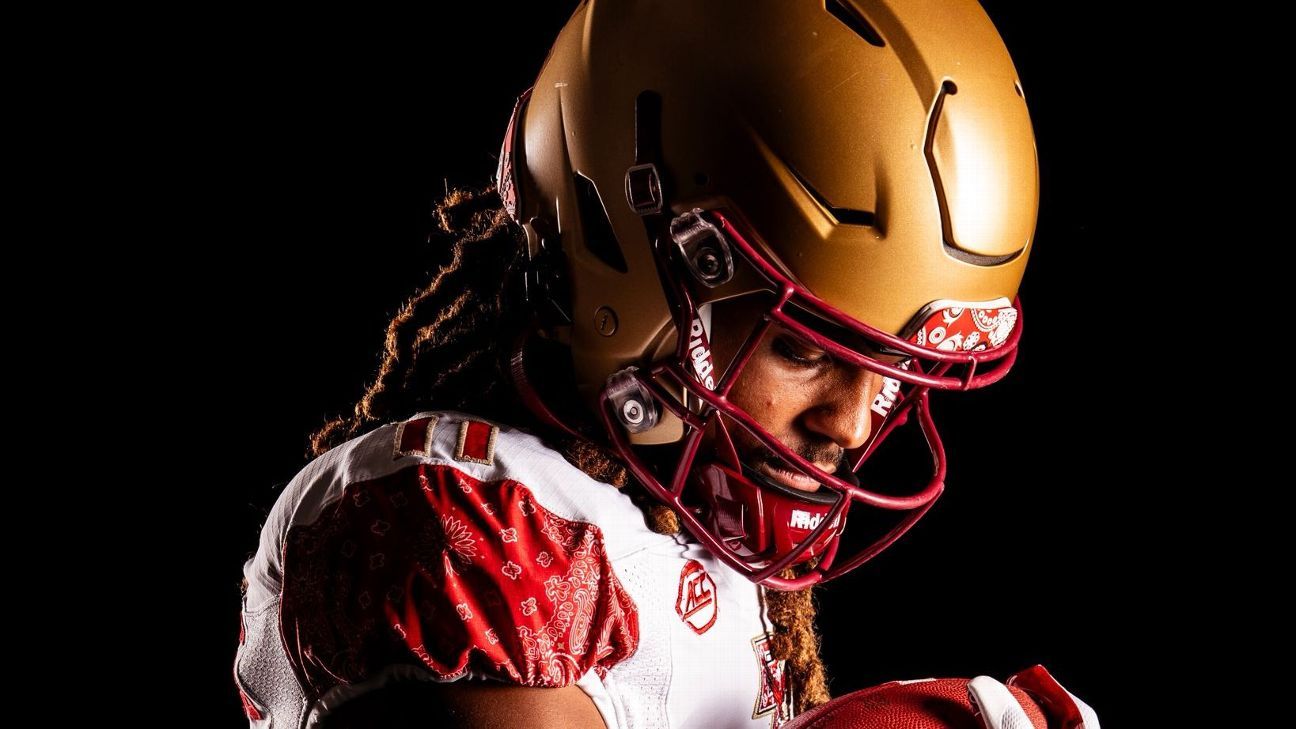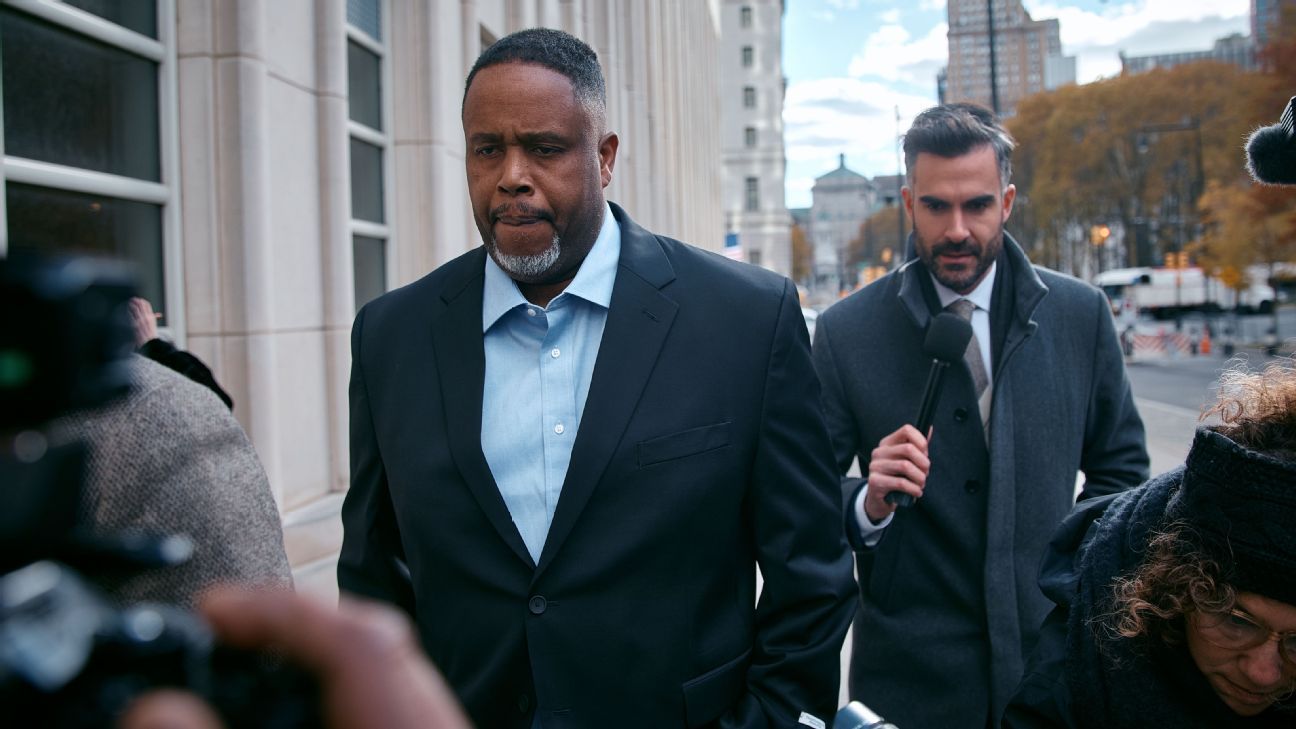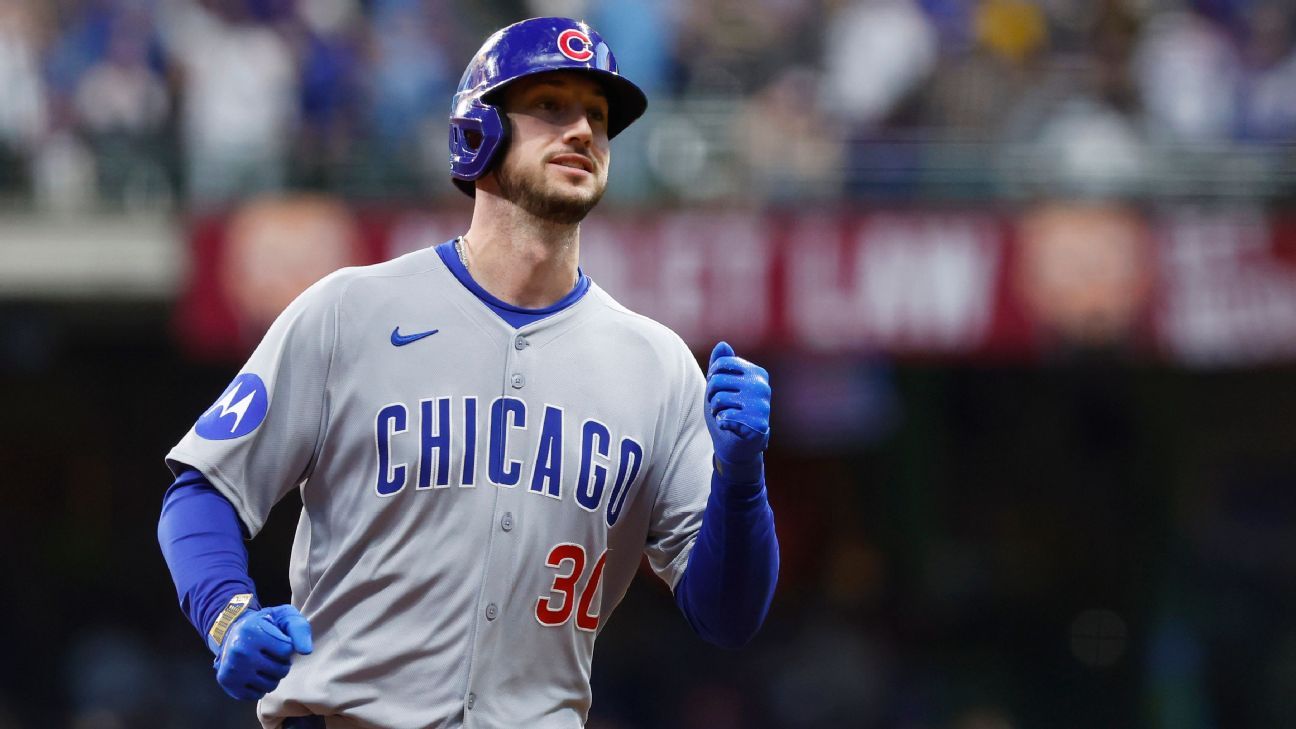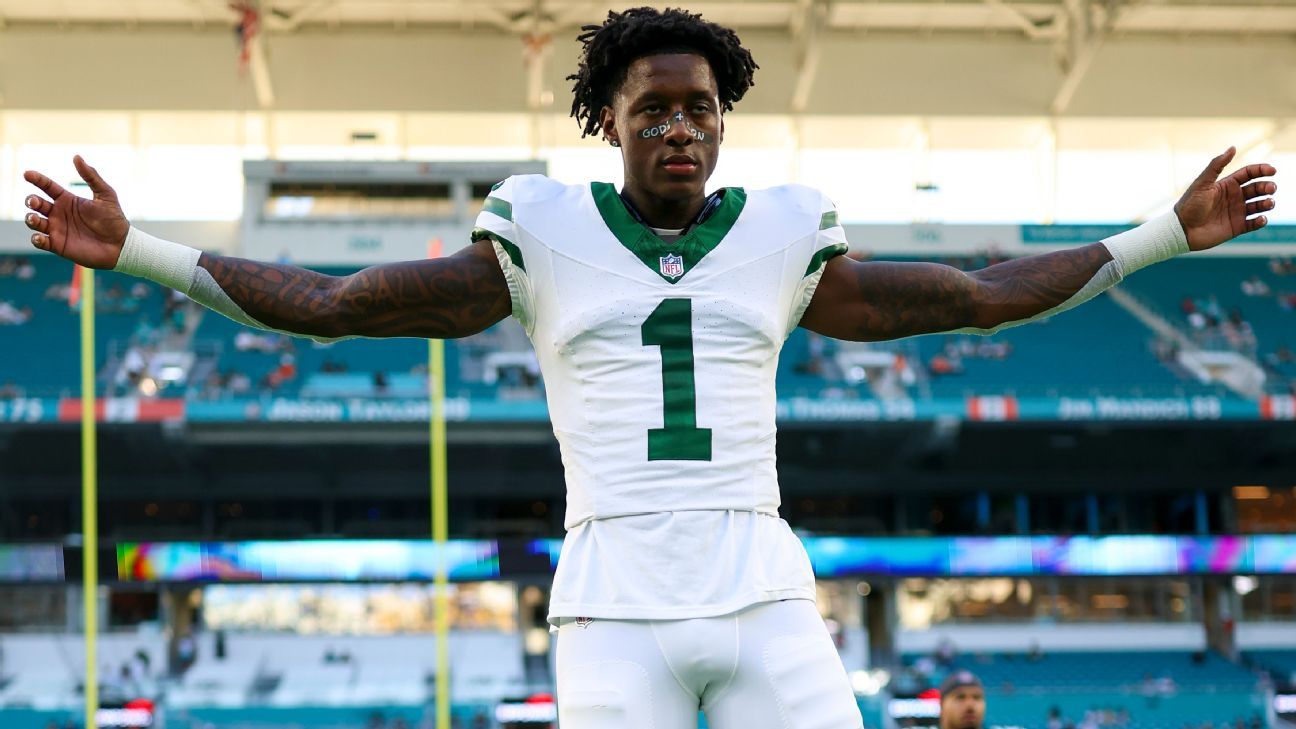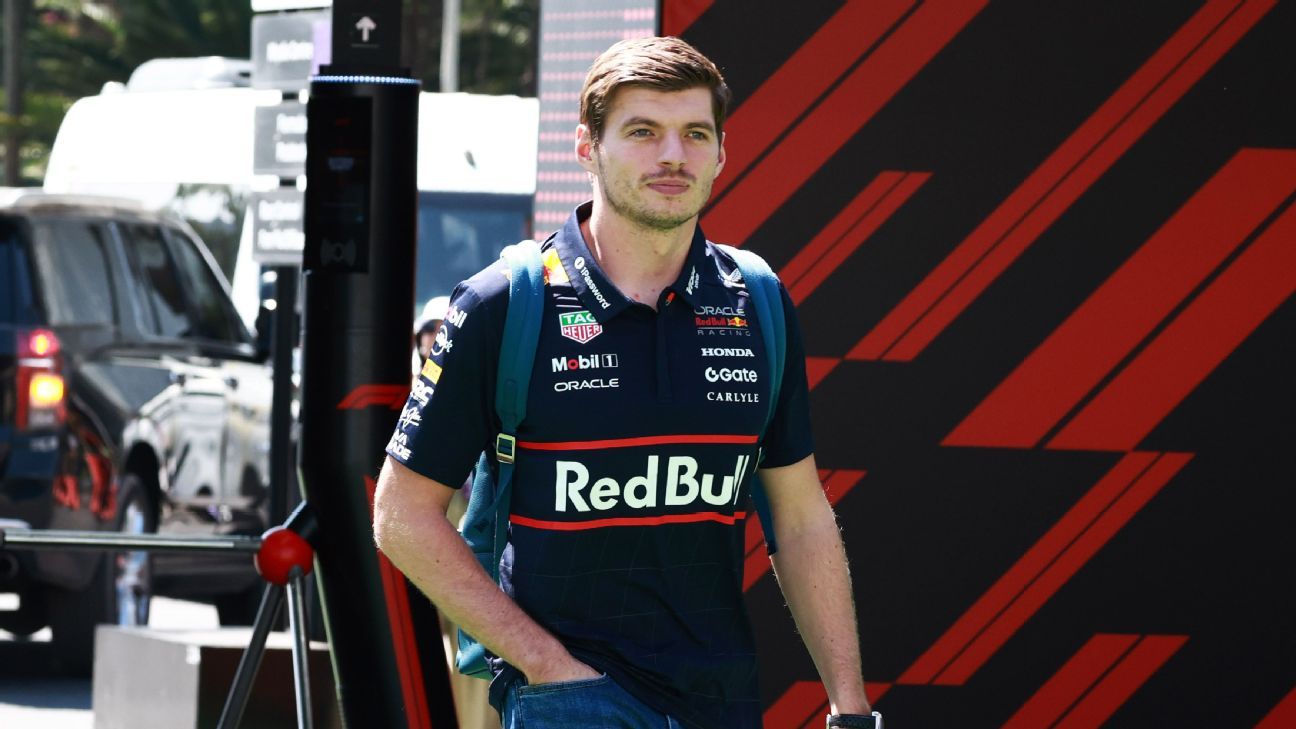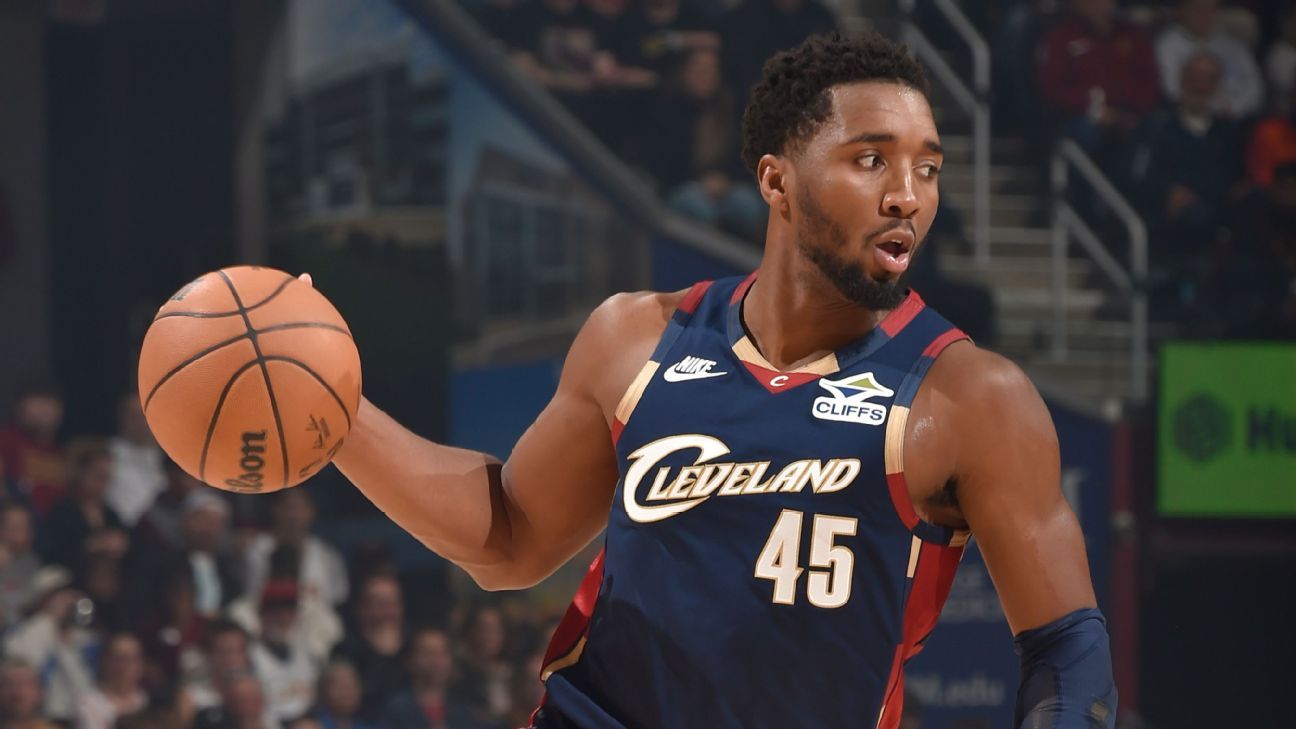
Dan MurphySep 19, 2025, 05:18 PM ET
- Covers the Big Ten
- Joined ESPN.com in 2014
- Graduate of the University of Notre Dame
A federal judge has denied the U.S. government's argument to categorically block international college athletes from obtaining the type of visas typically used by professional athletes.
Louisiana-based Judge Brian Jackson denied on Friday the U.S. Citizenship and Immigration Services (USCIS) request to dismiss a lawsuit filed by Arizona State basketball player Last-Tear Poa. The judge's order does not resolve Poa's case but leaves the door open for her and many other international athletes to apply for a type of visa that would make it easier for them to make money on American soil while playing college sports.
Poa, an Australian point guard who played her past three seasons at LSU, filed a lawsuit earlier this year after she was denied a P-1A visa, which is the document many international professional athletes use to make money while competing in the United States. Poa is currently in the country on an F-1 student visa, which prohibits her from working while in the United States. College athletes are now allowed to be paid directly by their schools as well as by third parties for endorsement deals, but it remains unclear whether international athletes who accept those payments are putting their immigration status in jeopardy.
"It's a critically important issue because it's a real question as to whether or not students will be violating their status if they're competing in the NCAA and getting paid," said Amy Maldonado, who has represented Poa in her case along with fellow sports immigration attorney Ksenia Maiorova.
USCIS did not immediately respond to a request for comment Friday afternoon.
Lawyers for USCIS argued in court documents that an athlete must be in America "solely" for the purpose of playing their sport in order to receive a P-1A visa, and therefore a college athlete who is also in the country to get an education would not qualify. Judge Jackson disagreed with their argument.
The case will now move forward to assess whether Poa meets the other qualifications needed to obtain the more professional visa, which include proving that she is an athlete who competes at "an internationally recognized level of performance." Maldonado said she believes that "quite a few" college athletes would comfortably meet this definition, which means they might be able to accept NIL money while in the United State with significantly less legal risk in the future.
Concerns about how international athletes can safely cash in on their popularity while in college have been a persistent open question since the NCAA changed its rules to allow athletes to make money in 2021. In 2023, Homeland Security Secretary Alejandro Mayorkas said his department was aware of the issue and planned to find a solution with "deliberate speed" but took no further action. At least one congressional bill has also attempted to add clarity for international athletes but did not progress past an initial draft. Schools have in the meantime been forced to search for creative workarounds to help their international players make money.
Poa's eligibility to play in the upcoming season for Arizona State -- her last year of college eligibility -- is not impacted by the ongoing case. Her lawyers declined to say whether she is receiving any payments from the school this season. It's possible her case might not reach a conclusion until after the end of the basketball season.

